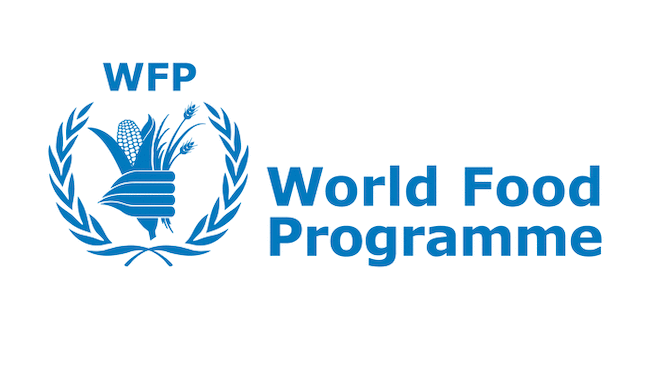News
500,000 face starvation as WFP warns of food cuts in Nigeria’s North-East

The World Food Programme (WFP) warned on Saturday it may soon be forced to cut food rations to more than 500,000 women, men, and children in Nigeria’s North-East.
The WFP’s Regional Director for West Africa, Chris Nikoi, disclosed this in a statement in Abuja, following a recent visit to Nigeria.
He said the United Nations agency would be forced to cut food rations unless urgent funding was secured to continue life-saving operations Borno, Yobe, and Adamawa States.
He said the hunger and starvation in Nigeria had been worsened by the socio-economic fallout from the COVID-19 pandemic, high food prices, and limited food supply.
The WFP official said: “Cutting rations means choosing who gets to eat and who goes to bed hungry. We are seeing funding for our life-saving humanitarian work at a time when hunger is at its most severe.
READ ALSO: 13 million Nigerians may lose jobs to COVID-19 —WFP
“Our food assistance is a lifeline for millions whose lives have been upended by conflict and have almost nothing to survive on. We must act now to save lives and avoid disruptions to this lifeline.
“The number of Internally Displaced People (IDP) in Nigeria had been rising steadily, reaching a new all-time high of over two million in September 2021.
“The current food security analyses showed that 4.4 million people in North-East Nigeria did not know where their next meal would come from, and over one million children are already malnourished.”
Join the conversation
Support Ripples Nigeria, hold up solutions journalism
Balanced, fearless journalism driven by data comes at huge financial costs.
As a media platform, we hold leadership accountable and will not trade the right to press freedom and free speech for a piece of cake.
If you like what we do, and are ready to uphold solutions journalism, kindly donate to the Ripples Nigeria cause.
Your support would help to ensure that citizens and institutions continue to have free access to credible and reliable information for societal development.






















